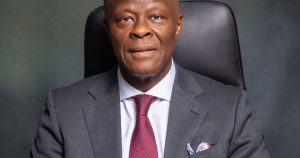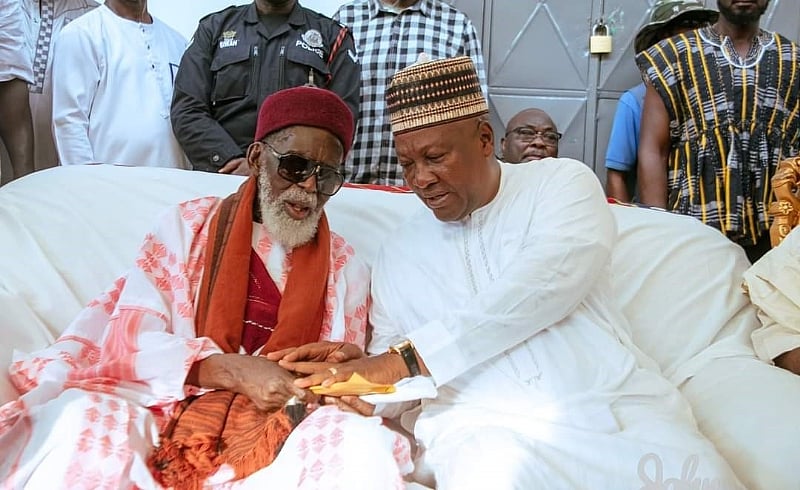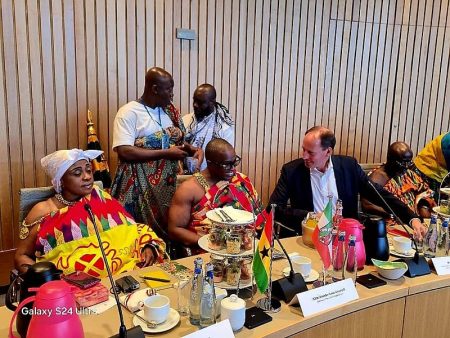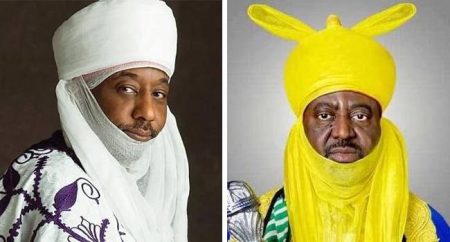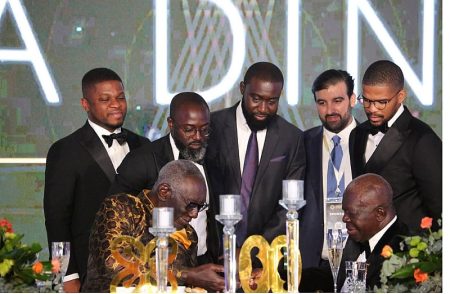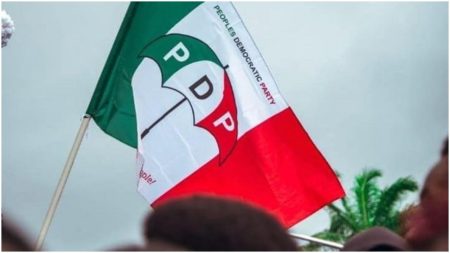President John Dramani Mahama, addressing a large gathering of Muslims at the national Eid-ul-Adha prayers in Accra, delivered a message of hope and support, focusing on key issues concerning the Muslim community in Ghana, particularly the cost of the Hajj pilgrimage and the official recognition of Islamic holidays. He acknowledged the continuing financial burden of the Hajj despite government subsidies, emphasizing that the current year’s cost remained high despite their best efforts. However, he offered a promising outlook for the future, expressing optimism that the Hajj fare could see a significant reduction the following year if the Ghanaian cedi continues its recent strengthening trend against other currencies. He illustrated this point by highlighting that if the current exchange rates had prevailed during the initial booking period, the Hajj cost would have been substantially lower. This commitment to easing the financial strain of the pilgrimage underscores the government’s recognition of its importance for the Ghanaian Muslim community.
Beyond the Hajj, President Mahama announced a significant step towards formally recognizing Eid-ul-Fitr as a statutory public holiday. This move, long sought by the Muslim community, would eliminate the annual need for an executive instrument to declare the holiday, solidifying its place within the national calendar and acknowledging its importance for a significant portion of the population. By enshrining this important religious observance in law, the government demonstrates its commitment to inclusivity and respect for religious diversity within the country. This legislative reform signifies a deeper recognition of the Muslim community’s contribution to the nation’s cultural and spiritual landscape.
Furthermore, President Mahama addressed the enhancement of Islamic education within Ghana. Recognizing the vital role of quality education in empowering communities, he announced a directive to the Minister for Education to revitalize the Islamic Education Unit. This initiative aims to improve the recruitment and training of Arabic instructors, directly impacting the quality of instruction delivered within Islamic schools across the nation. This commitment to strengthening Islamic education reflects an understanding of its significance not just for religious instruction, but also for the broader educational development of Muslim youth. By investing in the training of qualified educators, the government aims to empower future generations within the Muslim community.
The context of these pronouncements, delivered during the Eid-ul-Adha celebrations, amplified their significance. This important Islamic festival, observed by Muslims worldwide, offers a platform to address critical issues affecting the community. President Mahama’s address capitalized on this opportunity to connect with the Muslim population, demonstrating a commitment to addressing their concerns and working towards tangible solutions. His presence at the national prayers and his direct engagement with issues impacting the Muslim community served to reinforce his message of support and collaboration.
The potential reduction in Hajj costs, contingent on continued economic improvements, offers a tangible benefit that resonates deeply within the Muslim community. The official recognition of Eid-ul-Fitr as a public holiday addresses a longstanding request, demonstrating a responsiveness to the community’s needs and aspirations. Finally, the focus on enhancing Islamic education represents a strategic investment in the future of the Muslim community, empowering them through improved access to quality instruction. Taken together, these initiatives reflect a broader strategy of engaging with and supporting the Muslim community in Ghana.
In summary, President Mahama’s address at the Eid-ul-Adha celebrations was a multifaceted message of support and future action directed at the Muslim community in Ghana. He acknowledged the current challenges, particularly the high cost of the Hajj, while offering hope for future reductions. He announced concrete steps towards officially recognizing a key religious holiday, Eid-ul-Fitr, as a public holiday. Furthermore, he emphasized the importance of quality Islamic education and outlined steps to revitalize and strengthen it. These initiatives, presented during a significant religious occasion, signify a commitment to engaging with and supporting the Muslim community’s needs and aspirations, contributing to a more inclusive and representative national landscape.




